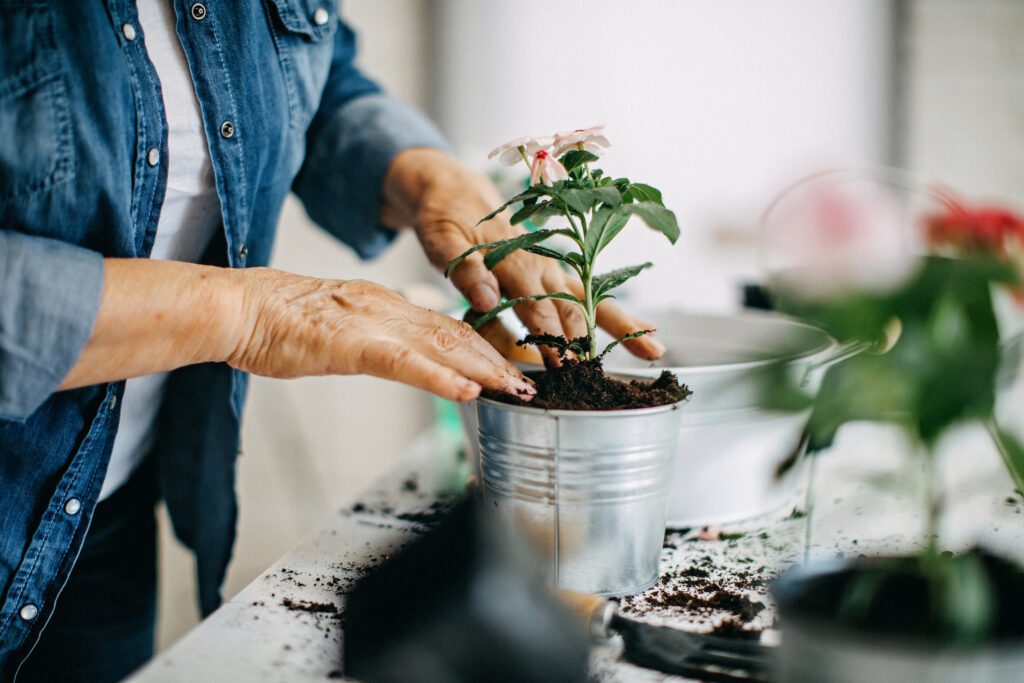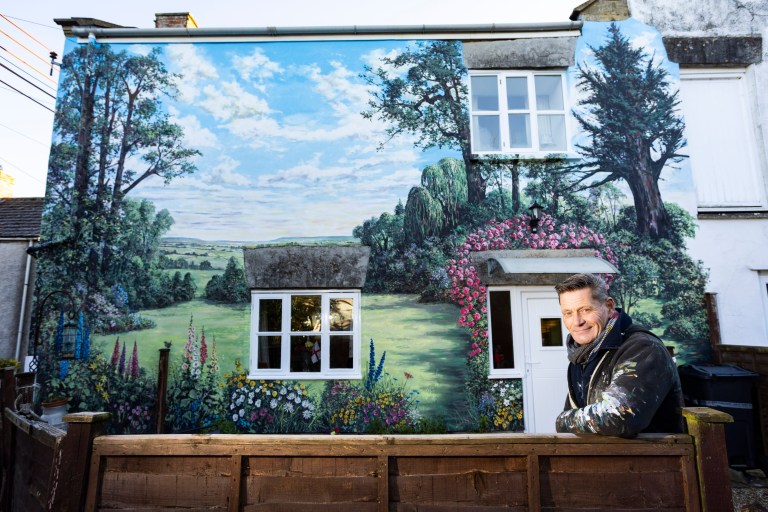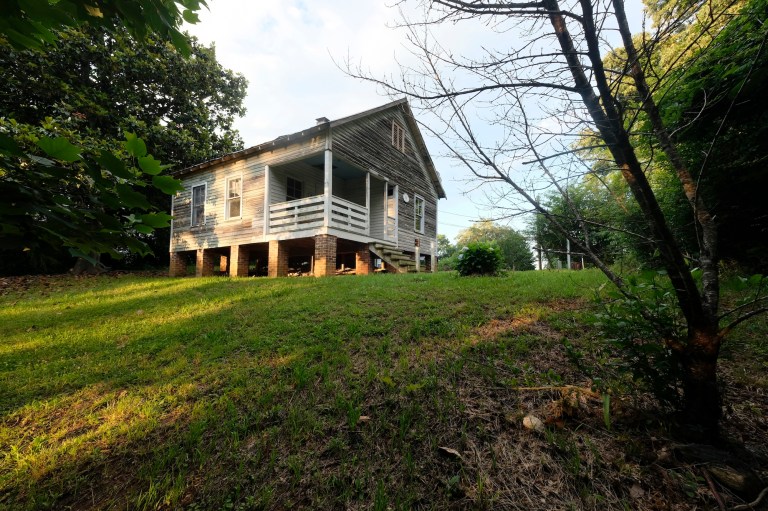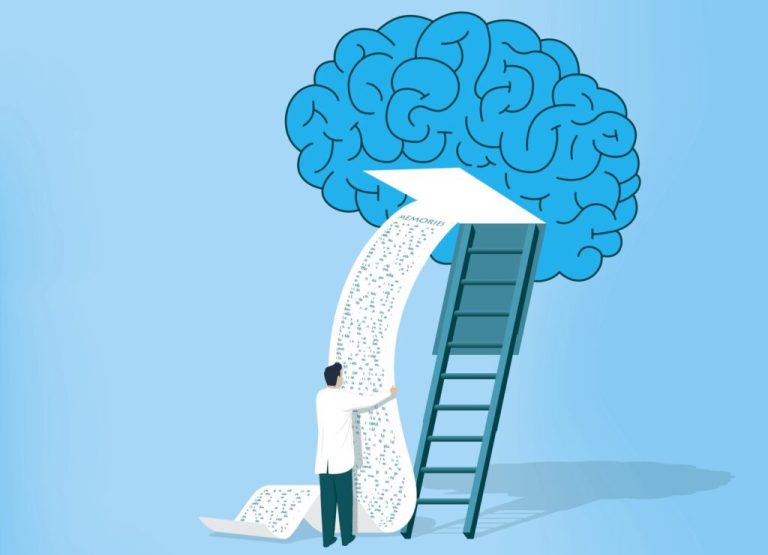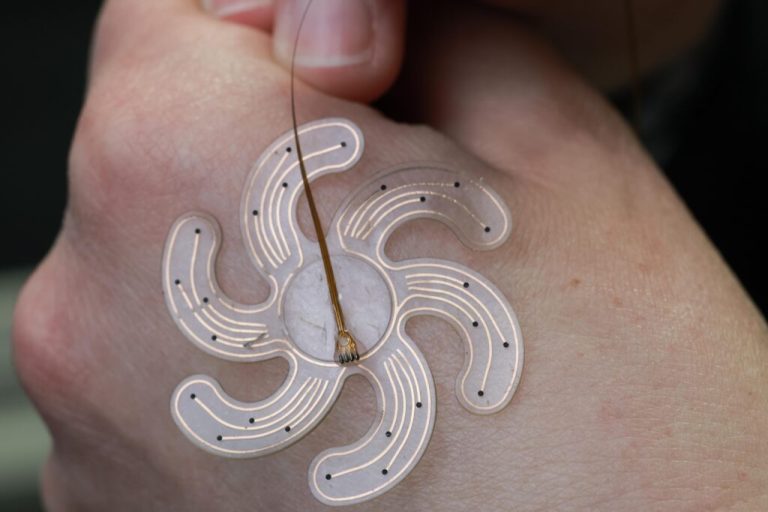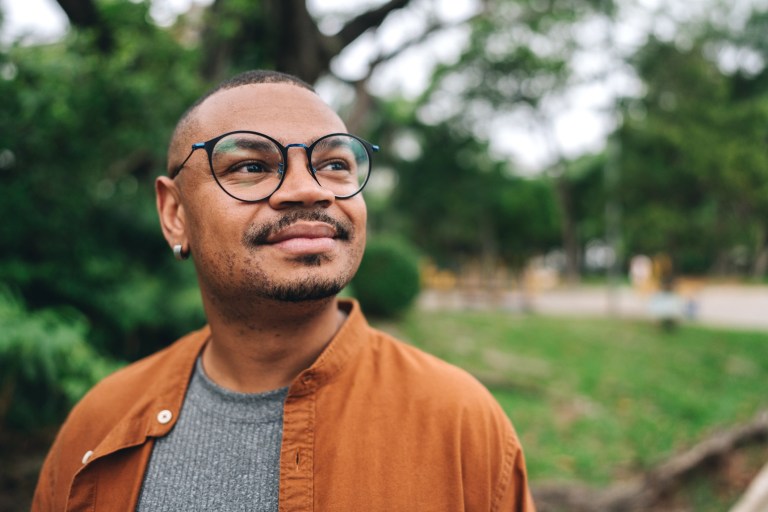Some of the hobbies that you enjoy doing in your free time could be of greater benefit to your overall well-being than you realize.
A new study by Penn State University found that when people engage in meaningful activities that require concentration and skill, they enter a state of “flow,” which researchers say can reduce loneliness and increase positive feelings.
“When people become engrossed in what they are doing, they enter a state that is called ‘flow,’” John Dattilo, a professor of recreation, park, and tourism management at Penn State, told Penn State University News. “Flow can be achieved by engaging in mental or physical activities that we value and that require us to concentrate fully to use our skills.”
These activities can include artistic pursuits, such as painting and playing music, sports, or mentally stimulating tasks like writing.
The international team of researchers studied a group of nursing home residents in 2021 and a group of international students — two groups that can experience higher levels of isolation — during the COVID-19 pandemic. Both studies show that meaningful, challenging, yet enjoyable activities help reduce loneliness, regardless of whether other people are around or not.
According to the CDC, loneliness can lower one’s quality of life and takes a significant toll on health. Technology may also play a part in loneliness, and the COVID-19 pandemic only exacerbated this global issue.
In an ideal world, everyone would have a network of friends and family to turn to. But getting adequate social and emotional support isn’t always accessible. Finding a flow state may help fill the gap.
While researchers found that students with high social support weren’t as lonely, flow states were even more important.
“When we enter a state of flow, we become absorbed and focused, and we experience momentary enjoyment,” Dattilo said. “When we leave a state of flow, we are often surprised by how much time has passed.”
What activities create flow states will vary from person to person, which highlights the importance of dedicating both time and energy to discovering our favorite hobbies.
“Learning which activities might enable someone to enter a state of flow requires asking questions and listening,” said Datillo. “People tend to thrive on healthy engagement and challenge. My collaborators and I hope that this research will help people live fuller, happier, healthier lives.”
